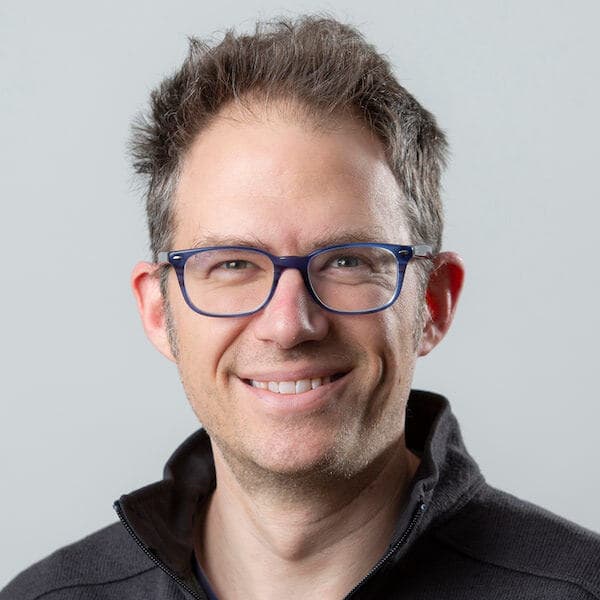- Undergraduate
Bachelor's Degrees
Bachelor of ArtsBachelor of EngineeringDual-Degree ProgramUndergraduate AdmissionsUndergraduate Experience
- Graduate
Graduate Experience
- Research
- Entrepreneurship
- Community
- About
-
Search
All Thayer Events
Jones Seminar: Engineering Microbes for Cellulosic Biofuel Production
Jan
26
Friday
3:30pm - 4:30pm ET
Spanos Auditorium/Online
Optional ZOOM LINK
Meeting ID: 961 8109 4666
Passcode: 005351
Global climate stabilization requires radical reductions in anthropogenic carbon dioxide emissions as well as removal of carbon dioxide from the atmosphere on a large scale. Liquid fuels produced from cellulosic biomass have a unique ability to contribute to meeting both requirements, in particular for heavy-duty transportation (aviation, ocean shipping and long-haul trucking) for which energy storage with batteries or hydrogen is particularly challenging. Existing cellulosic biofuel production technology based on yeast is expensive, motivating the exploration of lower-cost alternatives.
After considering the importance of biofuels in climate stabilization, this seminar will describe an alternative approach to the conventional yeast-based processing paradigm: starting with organisms that have evolved in nature for their ability to rapidly consume cellulose, and then engineering them for improved biofuel production. This work includes the development of genetic tools, the use of those tools to alter metabolism to increase biofuel production, and work to better understand the underlying principles that govern the ability of microorganisms to produce biofuels at the high concentrations needed for commercial applications.
About the Speaker(s)
Daniel Olson
Assistant Professor of Engineering, Dartmouth

Dan Olson is an assistant professor at Dartmouth's Thayer School of Engineering, where he is working to engineer organisms that naturally break down lignocellulose into efficient biocatalysts that can withstand the rigors of industrial-scale fermentation, and provide an important foundation for the nascent cellulosic biofuels industry. Professor Olson leads metabolic engineering groups at Dartmouth, as part of the US Department of Energy-funded Center for Bioenergy Innovation, and at the University of Campinas, in Brazil. He has published over 70 peer-reviewed papers, and his work is funded by the US Department of Energy and National Science Foundation.
Contact
For more information, contact Ashley Parker at ashley.l.parker@dartmouth.edu.
